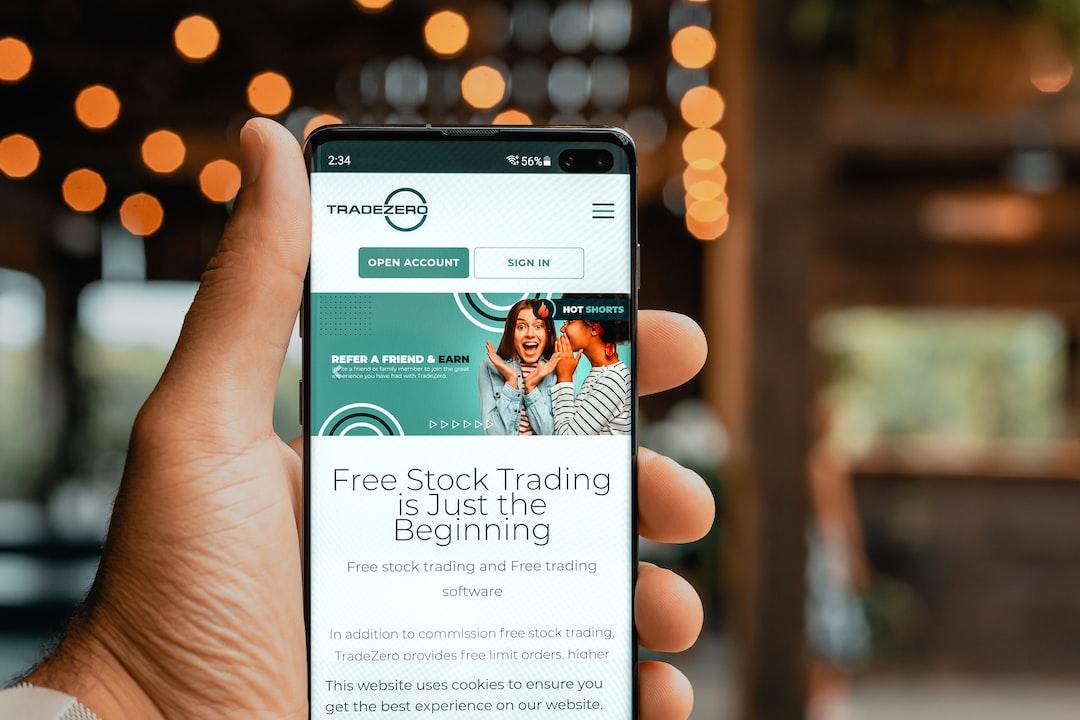Ripple’s Chief Legal Officer (CLO) Stuart Alderoty has once again provided insight into the court ruling in the SEC’s legal dispute against Coinbase.
U.S. District Judge Katherine Polk Failla ruled in favor of the SEC on March 27, allowing Coinbase’s lawsuit to proceed to the discovery phase. Alderoty has been commenting on the ruling since the decision became public.
Over the weekend, he suggested the SEC had put up a charade that required the regulator to provide strong evidence to support its allegations when the trial begins.
Alderoty criticizes court’s definition of crypto ecosystem
Alderoty criticized the ruling in a post yesterday, saying it provides four different “confusing definitions” for what constitutes a crypto ecosystem. Ripple’s CLO attached an excerpt from the ruling, highlighting the unclear definition of the crypto ecosystem.
According to the filing, the court emphasized that the SEC specifically defined the ecosystem narrowly to refer to the coordinated enterprise considered by the issuers and promoters of all 13 crypto assets described as securities in the Coinbase lawsuit, including SOL, ADA, and MATIC.
However, the court gave a broader definition, saying that the ecosystem includes issuers of tokens, crypto asset providers like exchanges, wallet providers that provide secure storage for tokens, the tokens’ underlying technology, and compliant financial institutions exposed to the tokens.
Alderoty reacted to the definition of ecosystem in the Coinbase lawsuit, describing it as legalese. He noted that the SEC’s position demonstrates that individuals are essentially investing in an ecosystem regardless of the circumstances under which they acquire tokens.
Ripple ruling draws attention
Additionally, Alderoty recalled the incident in the Ripple lawsuit where Judge Analisa Torres acknowledged that the SEC had deviated from the Howey test with respect to Ripple’s programmatic sales of XRP.
In his ruling, Judge Torres found that programmatic investors did not expect to profit from Ripple’s efforts because the sales were executed in blind bid/bid transactions.
“[…] programmatic buyers have no way of knowing whether their payment is going to Ripple or another XRP seller,”
The ruling stated.
Lawyer supporting XRP criticizes SEC
Alderoty mentioned the Ripple ruling in his latest analysis, which was commented on by prominent legal expert Bill Morgan. Morgan lawyers criticized the SEC for classifying Ripple’s XRP sales into three categories, but failing to provide sufficient evidence to support charges against the third category (other distributions).
Notably, Judge Torres found that there was no evidence that Ripple financed its project by transferring XRP to third parties and having them sell the tokens to raise funds.
Commenting on the ruling, attorney Morgan speculated that the SEC may consider other XRP distributions to be part of the ecosystem but not a common enterprise. He noted that the distribution of additional XRP does not constitute an investment contract.
Disclaimer: This content is for informational purposes only and should not be considered financial advice. The opinions expressed in this article may contain the personal opinions of the author and do not necessarily reflect the views of The Crypto Basic. Readers are encouraged to conduct thorough research before making any investment decisions. The Crypto Basic is not responsible for any financial losses.
Posted inAltcoins
Ripple CLO says SEC ruling on Coinbase provides 4 "confusing definitions of the crypto ecosystem"

Ripple CLO says SEC ruling on Coinbase provides 4 "confusing definitions of the crypto ecosystem"
